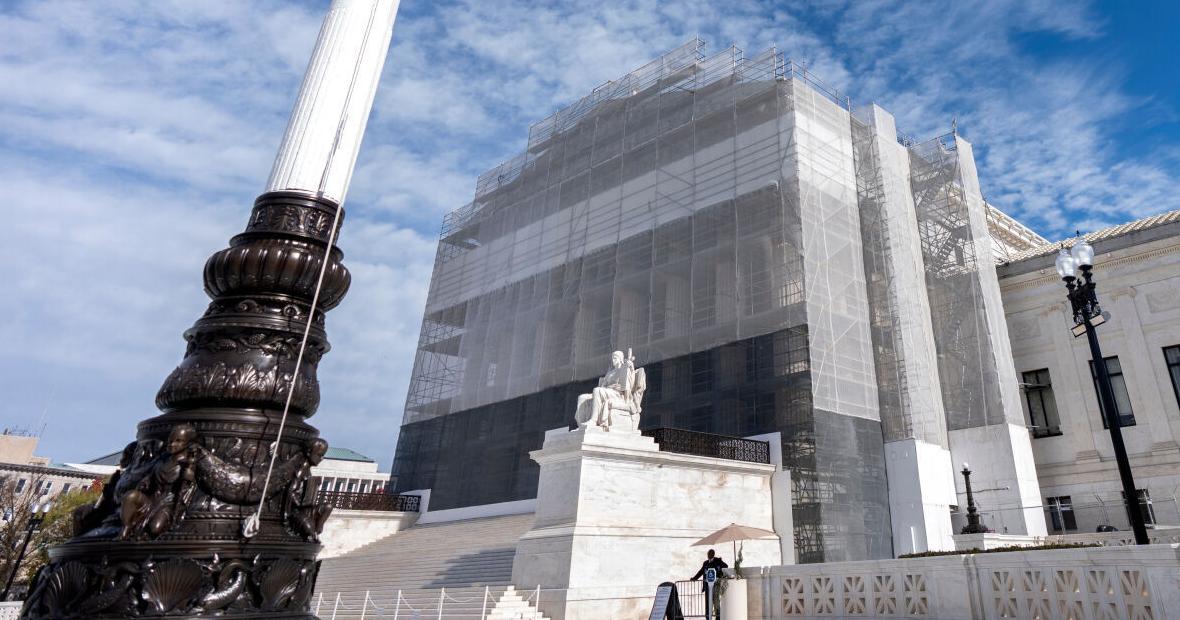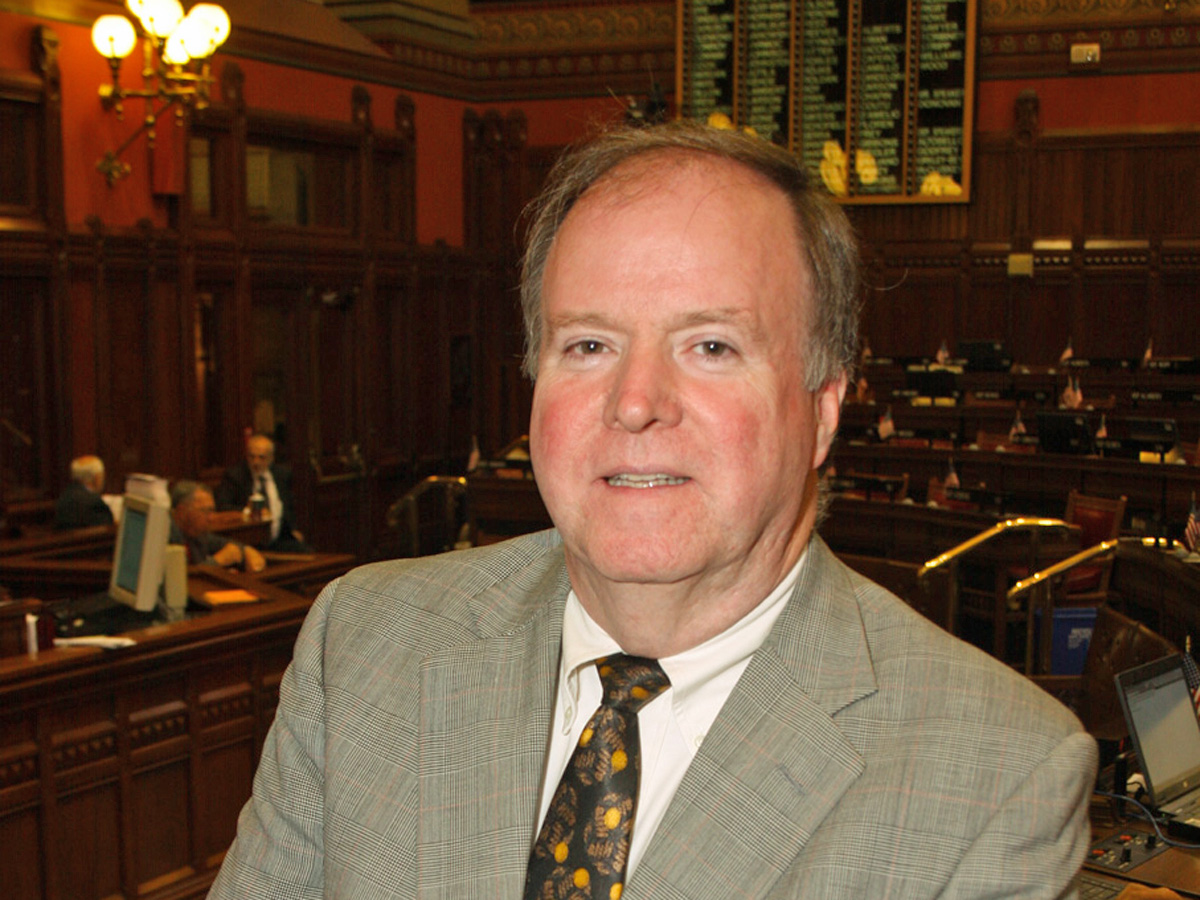The Supreme Court has permitted the Trump administration to enforce a policy that prevents transgender and nonbinary individuals from selecting passport sex markers that reflect their gender identity. This decision, issued on March 7, 2024, marks a significant moment in the ongoing debate regarding the rights of transgender individuals in the United States.
The ruling comes after a series of legal challenges aimed at overturning the policy, which has been a point of contention since its introduction. Supporters of the policy argue it upholds traditional definitions of gender in official documentation. Critics contend that the policy discriminates against vulnerable populations, denying them the right to have identification that accurately represents their identity.
In a 6-3 decision, the justices ruled that the administration’s policy falls within its authority to regulate passport issuance. The majority opinion stated, “The government has a legitimate interest in maintaining a consistent and reliable system for identifying its citizens.” This ruling effectively reverses lower court decisions that had temporarily blocked the enforcement of the policy while litigation was ongoing.
The implications of this decision extend beyond legal frameworks, touching the lives of many who identify as transgender or nonbinary. For these individuals, having a passport that reflects their gender identity is often essential for travel, safety, and personal validation. The inability to choose an accurate sex marker can lead to significant distress and further marginalize an already vulnerable community.
Advocacy groups responded swiftly to the ruling. Organizations like the American Civil Liberties Union (ACLU) and Lambda Legal expressed disappointment, emphasizing that this decision undermines the dignity and rights of transgender individuals. “This ruling is a setback for civil rights and a harsh reminder of the challenges faced by the transgender community,” said a representative from Lambda Legal.
As the legal landscape continues to evolve, the ruling sets a precedent that may influence future policies regarding gender identity in the United States. Legal experts suggest that this decision could embolden further legislative efforts to restrict the rights of transgender individuals in various aspects of life beyond passport issuance.
This ruling occurs in a broader context of shifting attitudes toward LGBTQ+ rights in the U.S. While some states have enacted protective measures for transgender individuals, others have pursued legislation that restricts their rights. This divergence highlights the ongoing struggle for equality and recognition faced by the transgender and nonbinary communities.
The Supreme Court’s decision illustrates the complexities at the intersection of law, identity, and personal rights. As discussions surrounding gender continue to develop, the impact of this ruling will resonate within both legal and social spheres, shaping the experiences of transgender and nonbinary Americans for years to come.







